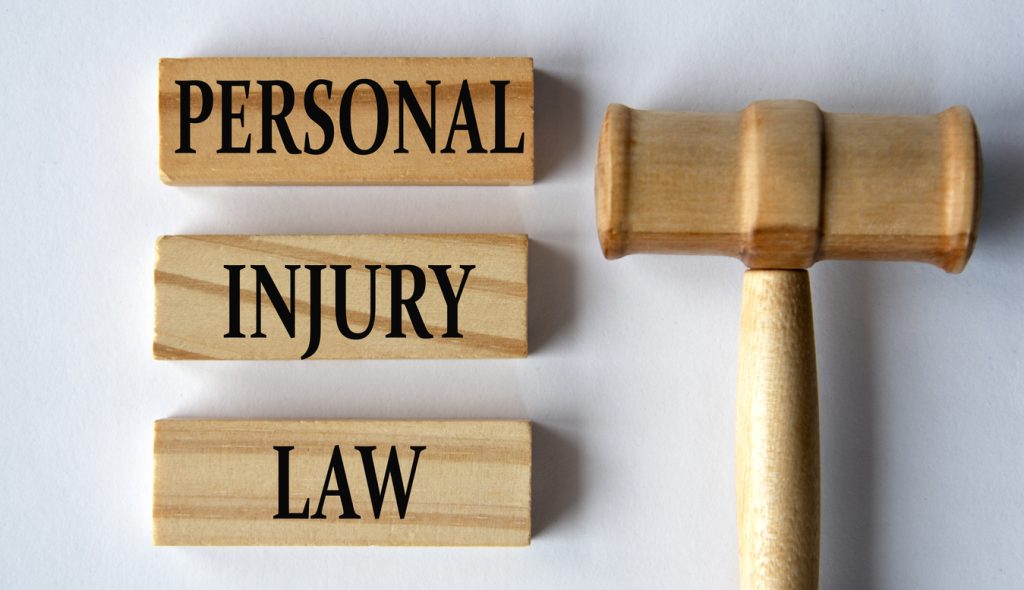A personal injury deposition is a crucial step in the legal process, where your testimony is recorded under oath before trial. Insurance companies and defense attorneys use this opportunity to assess your credibility and gather details that could influence settlement negotiations or courtroom arguments.
Walking into a deposition unprepared can lead to misstatements that may weaken your case. Understanding what to expect, how to prepare, and what mistakes to avoid can help you navigate the process with confidence. Knowing your rights and the potential impact of your statements ensures you provide clear, accurate testimony that supports your claim.
Understanding the Purpose of a Deposition
A deposition is a sworn testimony taken outside of court, typically during the discovery phase of a personal injury case. It allows both sides to gather information and assess the strength of the claims before trial.
The opposing attorney asks questions about the accident, injuries, and other relevant details to evaluate your credibility and the validity of your case. Depositions help attorneys prepare for trial and can influence settlement negotiations. Your responses can play a critical role in the case's outcome, so it’s important to be honest, clear, and consistent in your testimony.
What to Expect During the Deposition
During a deposition, you’ll be sworn in and questioned under oath, usually in a lawyer’s office or conference room. A court reporter will transcribe everything you say, and the opposing attorney will ask you a series of questions about the accident, your injuries, and your medical treatment.
Your attorney will be present to protect your rights, but you’ll need to answer the questions honestly and clearly. The questioning will typically focus on the facts of the case, and you should avoid speculation or providing unnecessary details.
The process may last for several hours, depending on the complexity of the case. It’s important to remain composed and focused throughout the deposition to ensure your testimony is accurate and reliable.
How to Prepare for Your Deposition
Preparing well for your deposition ensures you present yourself confidently and accurately, helping to protect your case.
- Review Your Case with Your Attorney – Before the deposition, meet with your attorney to discuss the case details. Go over the facts of the accident, your injuries, and any medical treatments you've received. This will help you recall key points and ensure you stay consistent with your statements.
- Practice Your Responses – Although you should answer truthfully, practicing clear and concise responses can help you avoid over-explaining or saying more than necessary. Your attorney may even simulate the deposition environment so you can become comfortable with the process.
- Know What to Disclose – Be prepared to answer all relevant questions truthfully. Avoid speculation—if you're unsure of something, it's better to say, "I don't know" than guess. Inaccurate or inconsistent statements can harm your credibility.
- Dress Appropriately – First impressions matter, so dress professionally, as though you're attending a job interview. This demonstrates respect for the process and the importance of the situation.
Common Deposition Mistakes to Avoid
Avoiding these common mistakes will help maintain the strength of your testimony and ensure you stay focused on presenting the facts.
- Oversharing or Speculating – One of the most common mistakes during a deposition is providing more information than necessary. Stick to the question asked and avoid going off-topic. Speculating or guessing about unknown details can weaken your credibility and harm your case. If you're uncertain, simply state that you don't know or don't remember.
- Letting Emotions Take Over – Depositions can sometimes feel intimidating, especially if the opposing attorney is aggressive or confrontational. However, it's essential to remain calm and composed throughout the process. Responding emotionally or defensively could make you appear unreliable or unprofessional.
- Failing to Listen Carefully – Make sure you fully understand each question before answering. It's easy to misinterpret or rush through a response, but careful listening ensures you provide accurate answers. If you don’t understand a question, ask for clarification before responding.
- Over-answering or Volunteering Information – Answer only what’s asked of you. Providing additional details beyond the question can inadvertently provide the opposing attorney with ammunition to challenge your testimony. If you're unsure whether to elaborate, ask your attorney for guidance beforehand.
Your Rights During the Deposition
During a deposition, you have several important rights to protect your interests. First, you are entitled to legal representation. Your attorney will be present to guide you and ensure that questions remain appropriate. If a question is irrelevant, overly intrusive, or calls for privileged information, you have the right to refuse to answer.
Your attorney will assist in objecting to questions when necessary, though objections are typically noted without immediate rulings from a judge. Additionally, if you need a break during the deposition, you can request one. It’s crucial to remember that you’re under oath, so your answers must be truthful, but you also have the right to remain silent when legally justified.
How Your Testimony Can Impact Your Case
Your testimony during a deposition can significantly impact your personal injury case. Consistency and credibility are key—any contradictions or inaccuracies in your statements can be used by the opposing side to challenge your case, both in court and settlement negotiations.
Clear, truthful answers strengthen your position, while exaggerating or downplaying facts can harm your credibility. The deposition transcript may be used as evidence in trial, so it’s essential to maintain accuracy and stay focused. Your responses about the accident, injuries, and recovery can directly influence how the case progresses, including the potential for a fair settlement.
Conclusion
A personal injury deposition is a critical part of the legal process, and understanding what to expect can make a significant difference in the outcome of your case. By preparing thoroughly, avoiding common mistakes, and knowing your rights, you can navigate the deposition with confidence.
Remember that your testimony is an opportunity to present the truth clearly and consistently. The way you handle yourself during this process can have lasting effects on your case, so it’s essential to approach it with care and attention. With the right preparation, you’ll be better equipped to protect your interests and strengthen your claim.






















